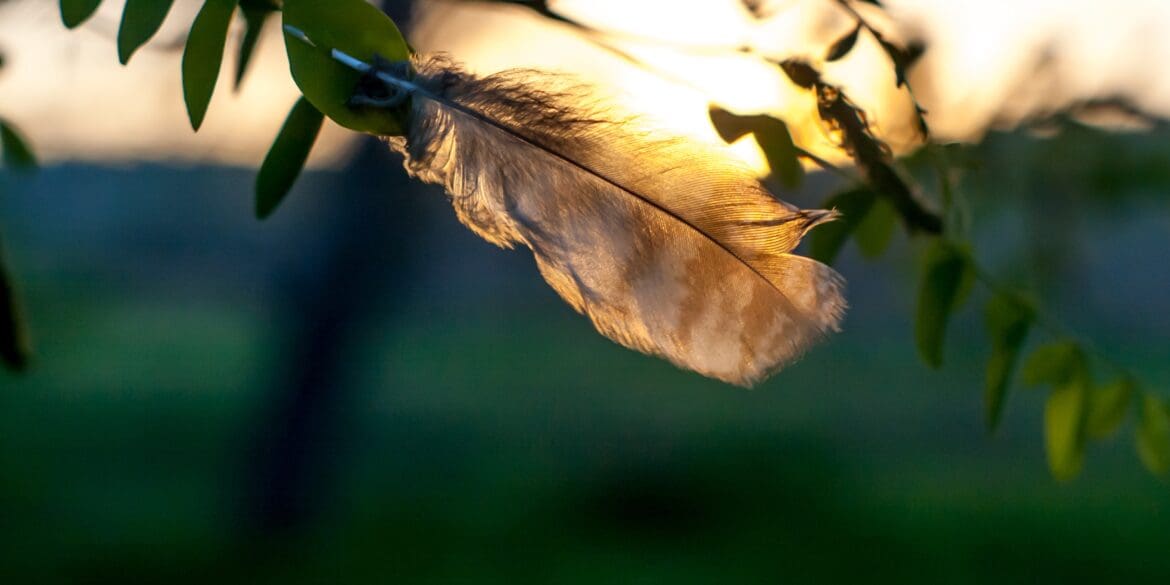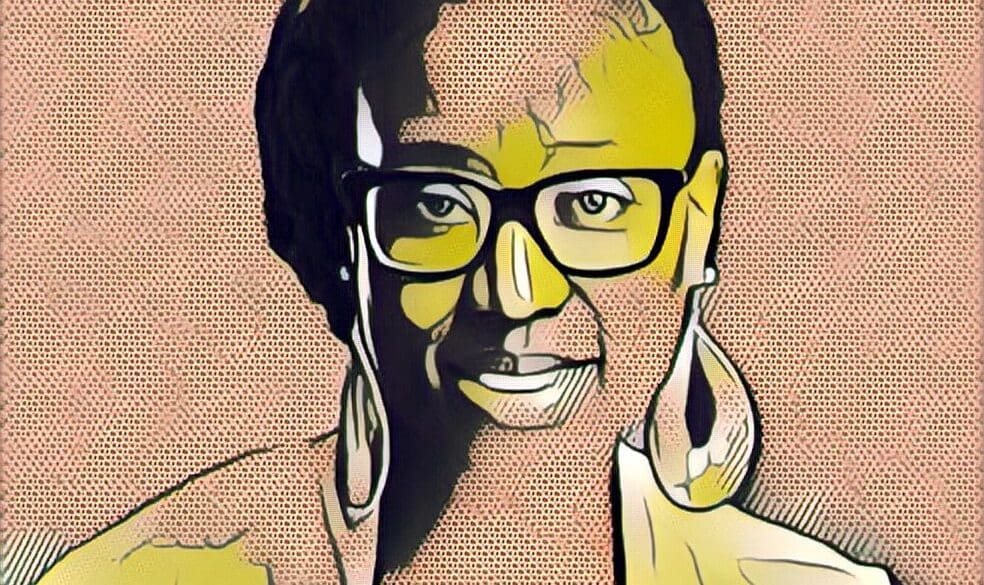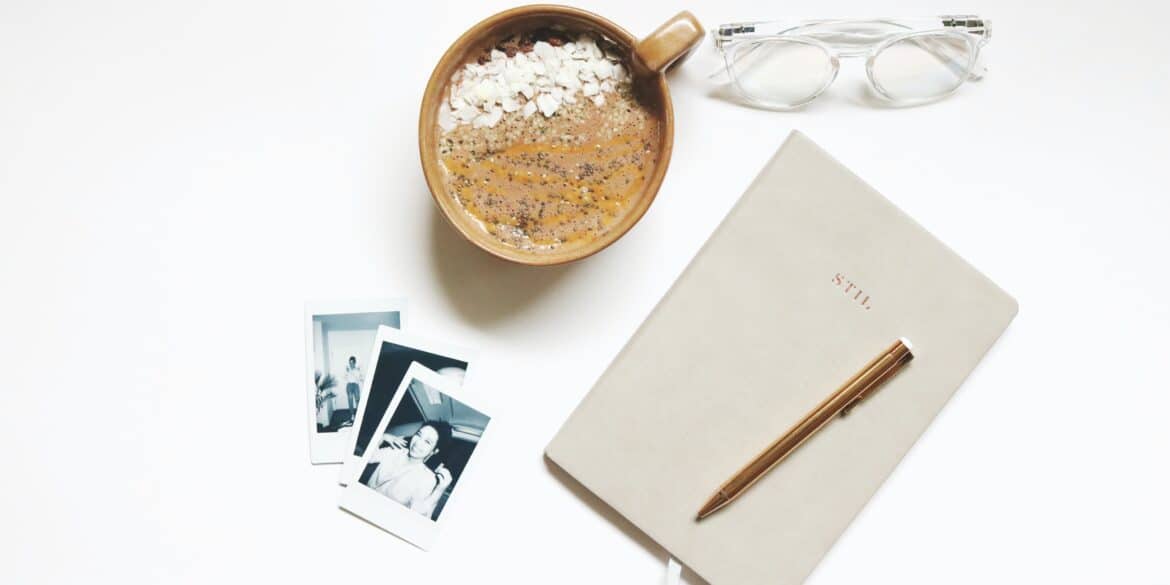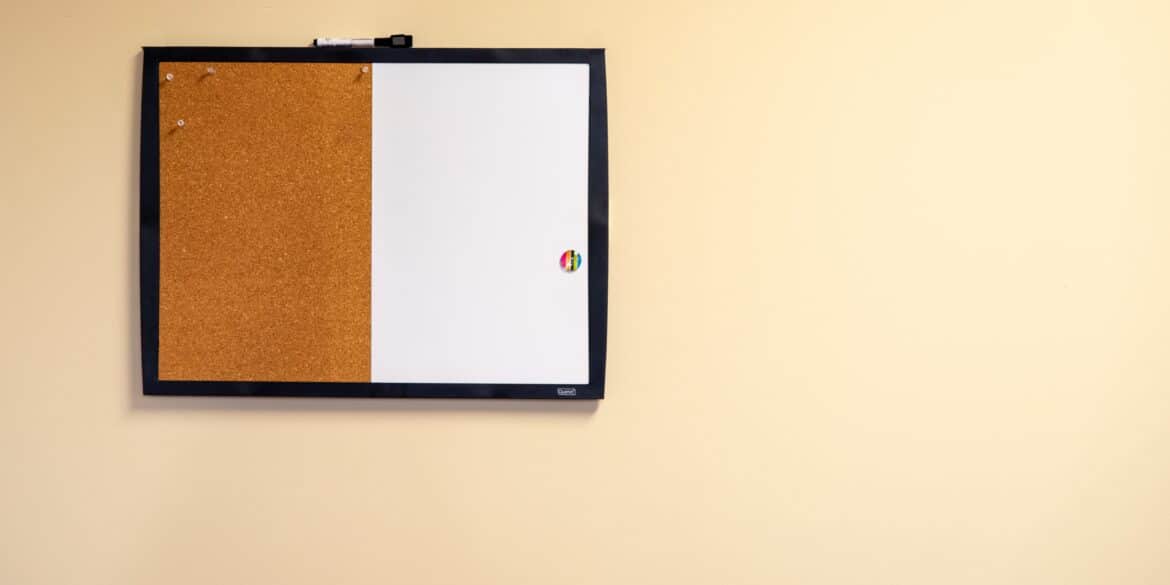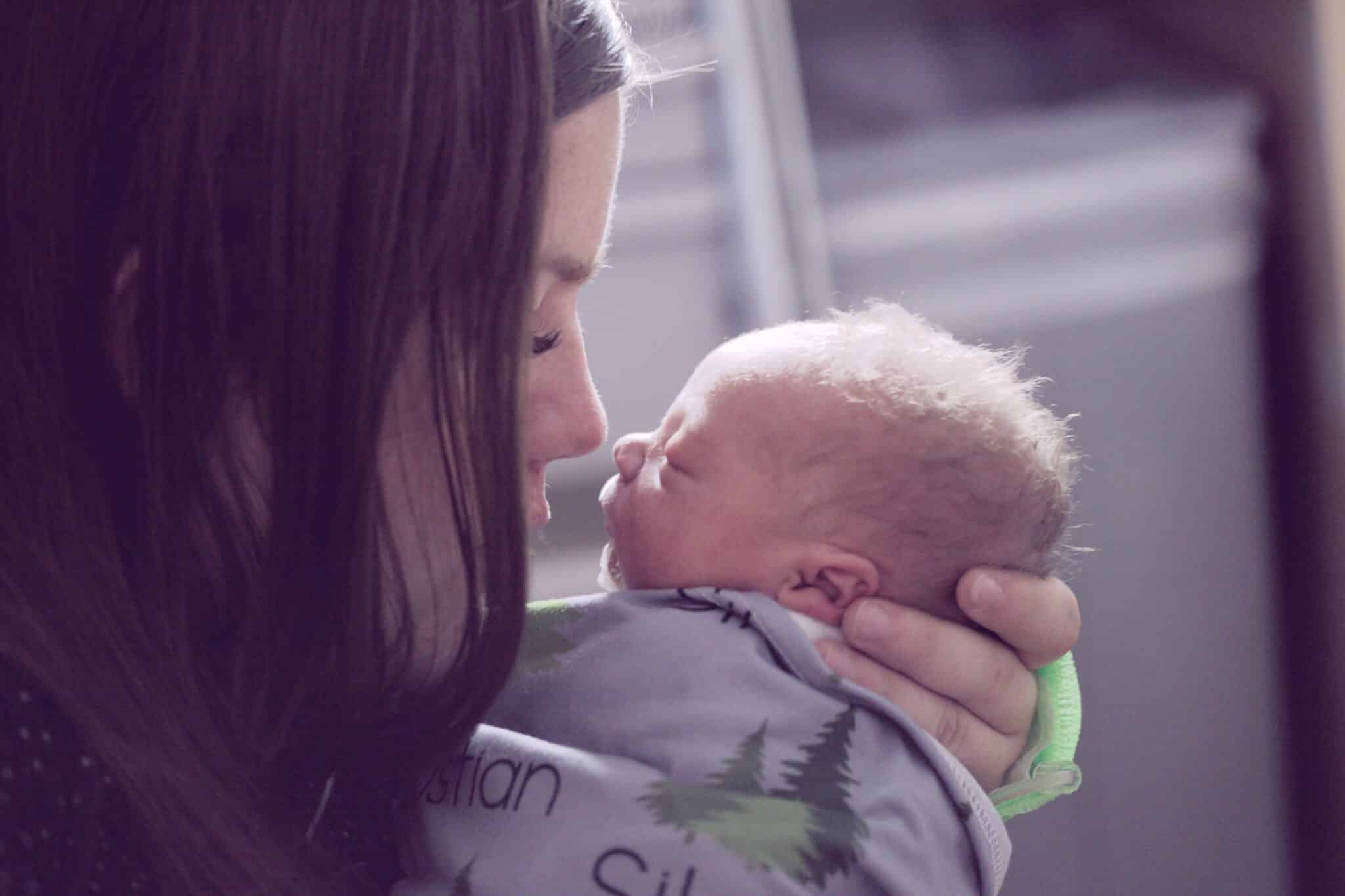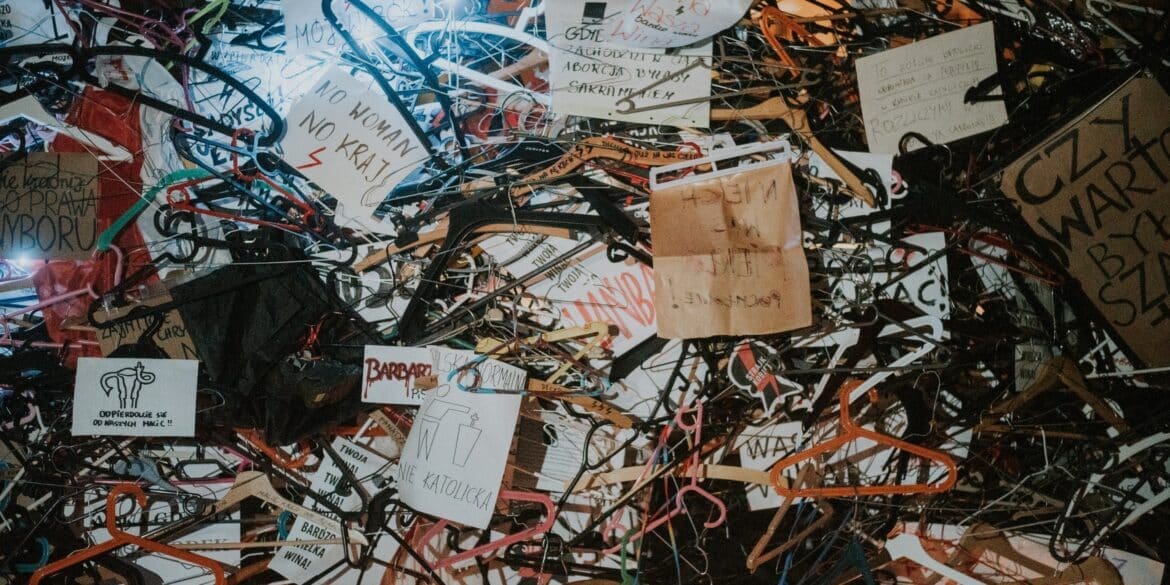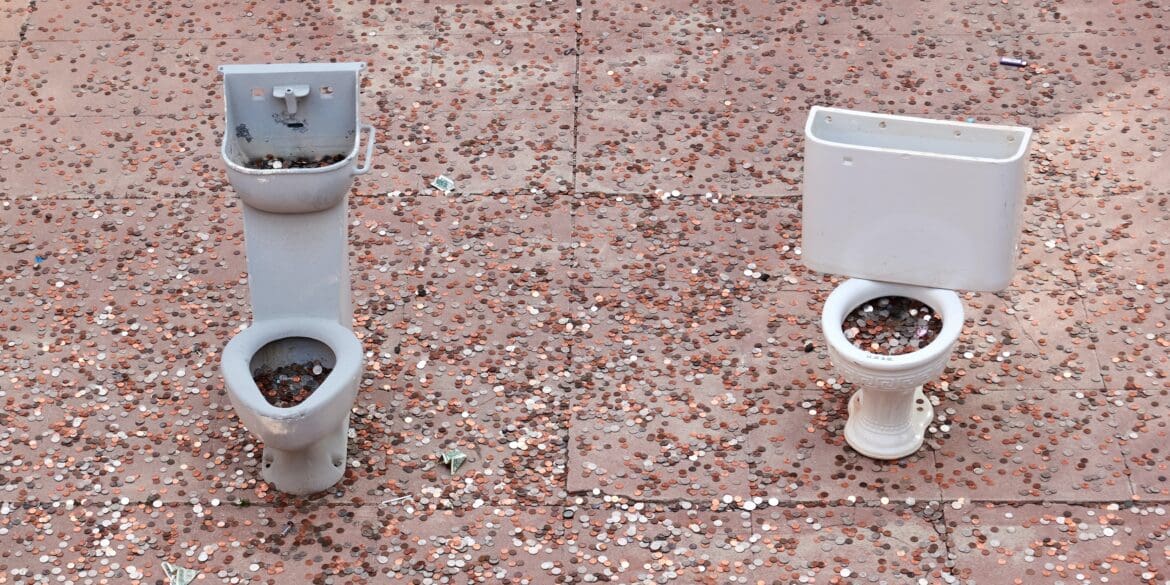One Man’s Perspective on Grieving and Death is a narrative representation of death as a universal humanistic theme.
Autoethnographic Writing
Whether short-form or long-form, personal memoir or speculative fiction, The AutoEthnographer seeks to publish your evocative expressions of the cultural made personal.
My weird depression showed up this summer like “hey sis!” And I was like “fuck my life”! I wasn’t ready. This time, it caught me off guard.
I documented my two-month diet in a food journal and it began as a personal effort to lose weight following a "Barthes diet".
This is a piece I wrote in desperation after being confronted with the failures of the foster system in the United States today.
After 34 years of monogamy I entered the dating app world and began writing the first weekend I was single. This is story of my experience.
A Startling Note: "Looking for Gay Friends" in the Triangle Place narrates a gay man’s experience of sexual awakening on a university campus.
This story explores childbirth-related trauma and postpartum mental health through the lens of a ‘good birth.’
My essay tells my life story in relation to a specific moment in the history of American women’s access to abortion and reproductive justice.
“Letter from Okinawa” describes my research and observations into the impact the U.S. military has had on the island, and tells the story of the Japanese government’s historical culpability by colonizing, controlling, and discriminating against the island.
This writing is based on storytelling, common in Mexican culture.
What this essay tries to capture is both the wonder and the inherent horror in potty training.
This autoethnography is the first-hand experience and exposure of imposter syndrome from a new adjunct instructor's point of view.


